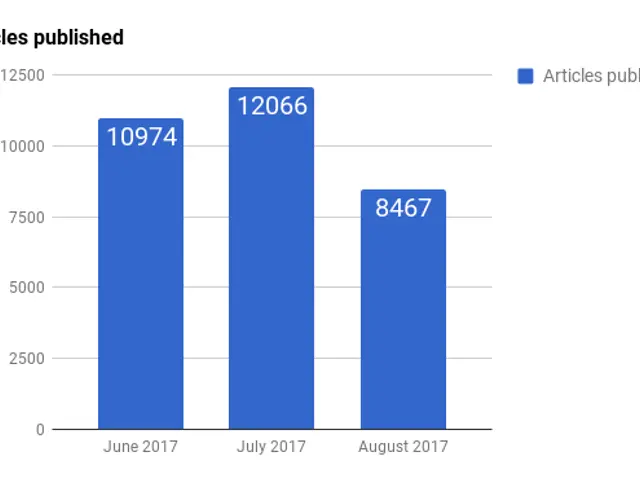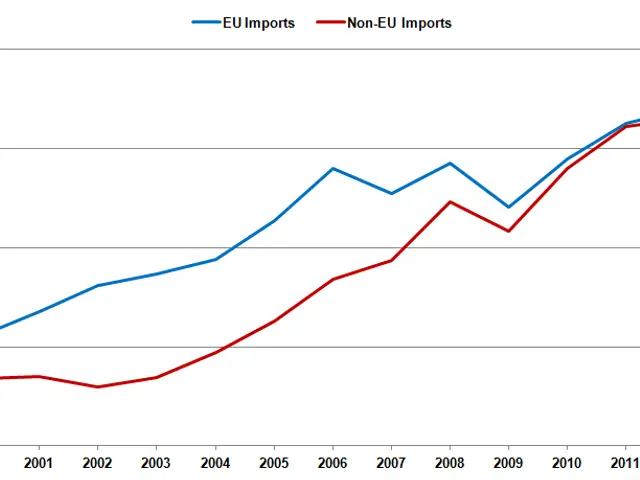Europe Agrees Tough Heavy-Duty Vehicle Emissions Standard
Europe has agreed on a tough new standard for heavy-duty vehicles to reduce carbon emissions. The provisional political agreement, reached on January 18, sets ambitious targets for trucks and buses, marking a significant step towards cleaner road transport.
The agreement, brokered by Wopke Hoekstra, European Commissioner for Climate Action, aims to cut emissions from heavy-duty vehicles. It introduces strict emission reduction targets for heavy-duty trucks: 45% by 2030-2034, 65% by 2035-2039, and 90% from 2040 onwards. Eamonn Mulholland, Associate Researcher at the International Council on Clean Transportation, praised the standard as one of the strictest ever seen for heavy-duty vehicles.
The scope of the agreement has been broadened to include all types of trucks, working vehicles from 2035, urban and long-distance buses, and trailers. New urban circulation buses must reduce their carbon emissions by 90% from 2030. Urszula Zielinska, Secretary of State at Poland's Environment Ministry, declared that Europe must intensify efforts to meet safe climate targets. The agreement provides long-term certainty for the industry, which has seen increasing emissions in recent years.
The agreement builds on the 2019 regulations, which primarily focused on passenger cars and light commercial vehicles. The new standards establish specific EU-wide CO2 reduction targets for heavy trucks. It is expected that by 2030, at least 50% of new trucks in the EU will be electric, with registrations projected to rise from 4,000 units in 2022 to 600,000 vehicles by 2028. The Commission will review the regulation's effectiveness and impact by 2027, with a final vote by the European Parliament and Council still pending.
The new agreement on heavy-duty vehicle emissions marks a significant step towards cleaner road transport in Europe. With ambitious targets and a broadened scope, the agreement aims to reduce emissions from trucks and buses, providing long-term certainty for the industry. The agreement is expected to accelerate the transition to electric vehicles, with at least 50% of new trucks in the EU being electric by 2030.








